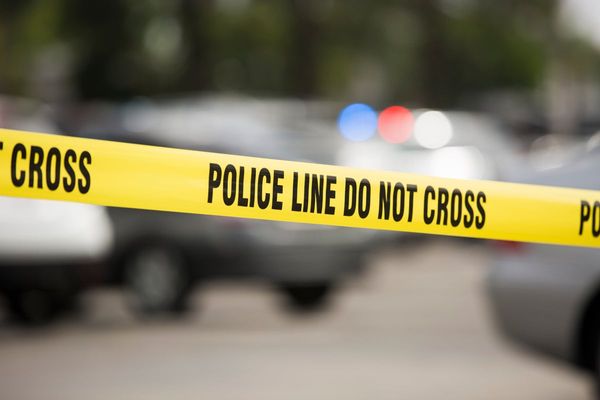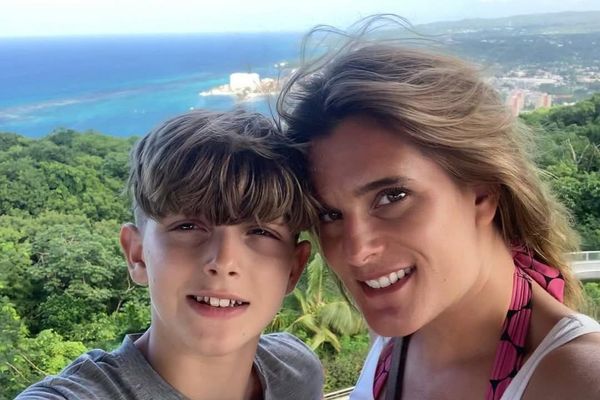
Translated by Lin Ying-jen
Chen Jiau-hua (陳椒華), the party list candidate for New Power Party, is a longtime environmental activist. In the past two decades, Chen participated in nearly all of the significant domestic environmental protection movements.
She is the convenor of the Anti-Air Pollution Union of Southern Taiwan. She closely followed issues like the No. 6 Naphtha Cracker Complex petrochemical pollution, the Matoushan landfill site, and the harmful effects of electromagnetic radiation. She was even once beaten up and wounded by black-clad individuals while she was speaking against the Yunyang landfill site.
Some call her the “Iron Lady of Environmental Protection,” while others refer to her as an “environmental extremist.” What would a veteran environmentalist and a political amateur like Chen bring for Taiwanese people if she’s elected?
TNL: Why did you decide to join the New Power Party and run in the 2020 legislative elections?
C: A few friends of mine recommended me to the DPP four years ago, but I ended up not being included on the party list. At the beginning of this year, NPP’s Secretary-General Hui-Min Chen (陳惠敏) asked whether I could represent the NPP. I was also examining how I had been involved in environmental movements for so long but still couldn’t push some issues forward, however hard I tried. With no power injected from local communities, I felt frustrated myself. If there had been political interventions in some of the important amendments, some of the issues could have been pushed forward.
Over the last five years, we took part in the anti-air pollution demonstrations in the south, and Legislator Huang Kuo-chang came every year. I felt the NPP indeed valued the environment. If I could represent the NPP and secure a seat in the legislature, then I could discuss the interests and opinions of environmental groups with the administrative departments. This should make things easier than working solely in the capacity of a civic group outside the system.
TNL: What are your three biggest areas of concern? Why?
C: Take air pollution in central and southern Taiwan for example. The party-list legislators of the main parties have their baggage and cannot report the issue upward for us.
The industries impacting air quality in central and southern parts of the country are mostly state-owned enterprises. But the government is not even willing to do something as simple as setting up a photochemical screening site near the Kaohsiung Linyuan Petrochemical Industrial Park. Petrochemical pollution has been detrimental to the health of the local community; if the industrial park cannot be closed down, then there should be a monitoring station to keep track of the pollutant level or an epidemiology survey on the residents.
As far as water resources are concerned, a lot of water reserves in Taiwan are unmanned. This has caused some landfill sites to be built near water source areas or upstream, which would pollute the groundwater as well as the drinking water. So far, except for the Feitsui Dam Designated Area in Taipei that is being managed by the Water Resources Agency, other water source areas have neither dedicated offices nor guidelines. If these areas are left unregulated, there would be stealing of gravel, backfilling with waste or building of mansions.
In addition, a lot of cases of forced relocation caused by land expropriation exposes the problems in Taiwan’s regulations. If you're not a legislator, it's hard to speak to the government about whether a road should be built at the expense of the current residents.
Some people have criticized me for opposing all kinds of property development. Those were the very people who had never attended any environmental impact assessment meetings, where citizens could express their opinions. I went to these meetings to raise questions about the locations selected by these development projects, and about whether risk assessment and seismic fault detection had been conducted.
TNL: After entering the legislature, what are the top 3 bills you want to promote?
C: Everything ranging from air, water, to land expropriation. The Air Pollution Act, for example, sets the standard for air quality. I would look for more experts to solidify the plans and listen to public opinions.
Besides, problems with smartphones are complex. Students are on their smartphones all the time in class. No one pays attention to what is being taught anymore. French President Emmanuel Macron announced those under 15 were not allowed to use smartphones on campuses last year precisely because students’ learning abilities had dwindled. Furthermore, electromagnetic radiation from smartphones is a B2 carcinogen, which might cause cancer.
Educational institutions and parent groups ought to be consulted about whether to forbid those under 15 from carrying smartphones into campuses. This certainly would not be easy, but it is needed and worth trying, and requires full discussions.
What values of the NPP do you particularly identify with? If there's a divide between your view and the party’s opinion, how would you decide?
C: The NPP was established in the wake of the Sunflower Student Movement. I saw them put in lots of effort pushing forward environmental protection laws, such as the Air Pollution Act and the Mining Act. Besides, they also address issues concerned with groups like laborers and firefighters.
I feel the party cares much about the underprivileged groups. It's a young party, but that's also its special strength. Members of the party are all very young and do not collaborate with megacorporations. Over the past few years, I myself haven’t seen them make any mistakes. They are quite serious in cracking down on corruption and holding the incumbent party accountable.
The runner-up on the NPP party list has a background in law (Chiu Hsien-chih 邱顯智), while the third one cares about social safety (Wang Wang-yu 王婉諭). I feel it’s easy to communicate with the NPP when it comes to relevant issues. I’m confident I'd be able to convince them to accept my ideas.
Would you consider cooperating with the KMT or DPP?
C: I’m a kindergartener of the legislature. What we need to do right now is to win as many party votes as possible. A lot of the questions have to be discussed after the election. I would listen to my party’s suggestions before I offer my own opinions.
When it comes to environmental protection laws, the DPP has nominated Hong Shen-hang (洪申翰) on its party list. I would certainly have discussions with him and get him to support my motion. With his support, it should be easier to win over the support of the DPP.
READ NEXT: Green Party: Teng hui-wen, Psychiatrist-Turned-Politician, Advocates for Gender Equality
TNL Editor: Daphne K. Lee (@thenewslensintl)
If you've enjoyed this article and wish to receive more story updates, please be sure to follow us on Facebook.







